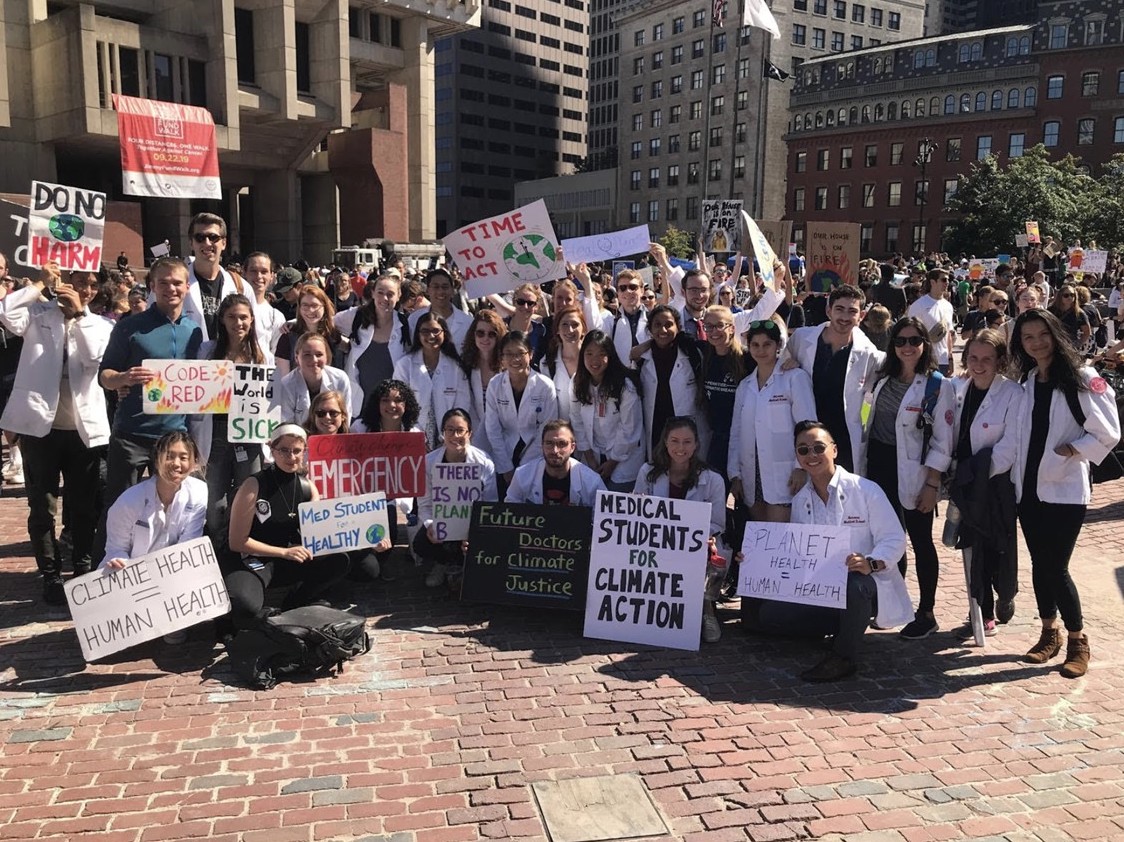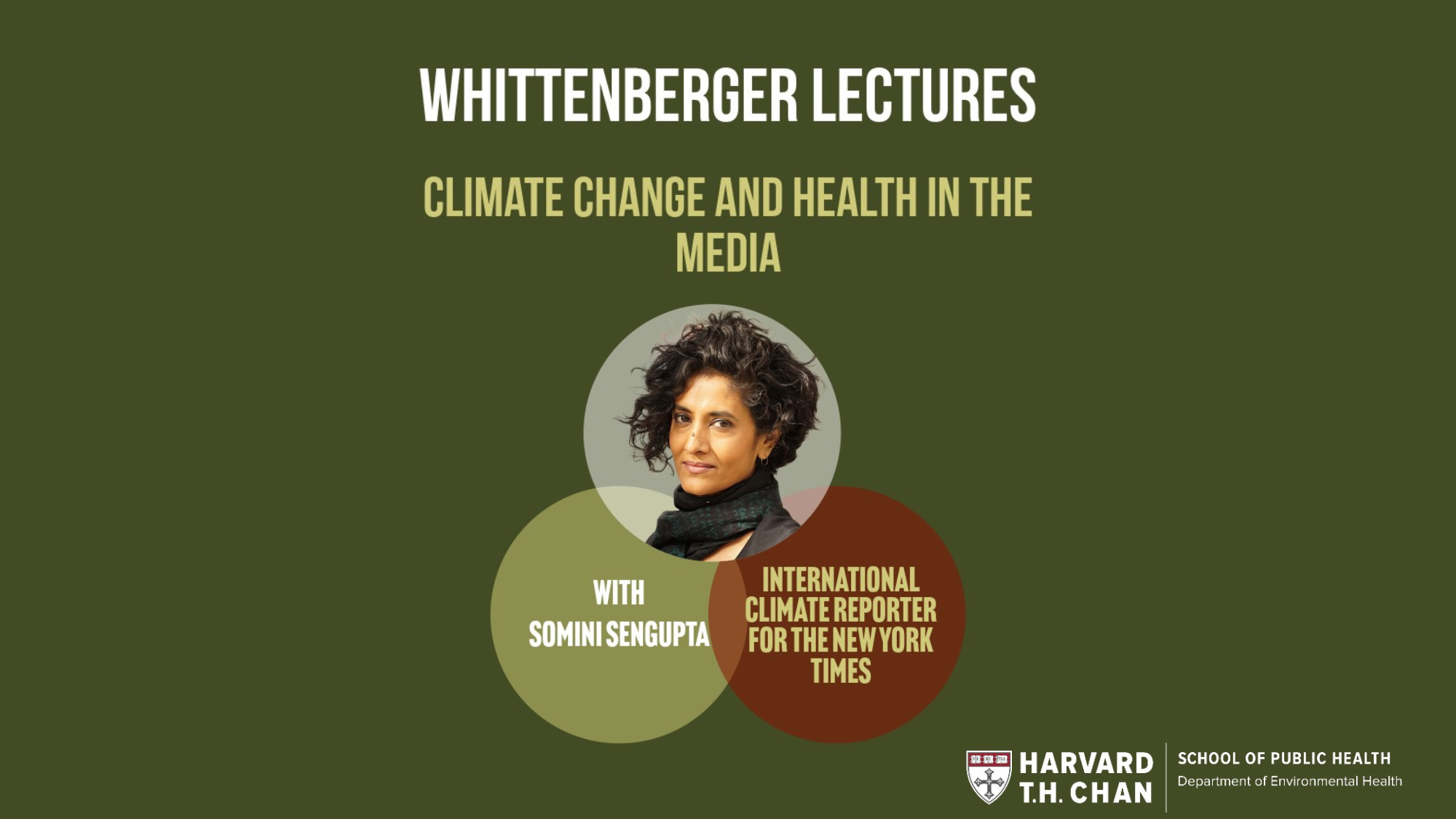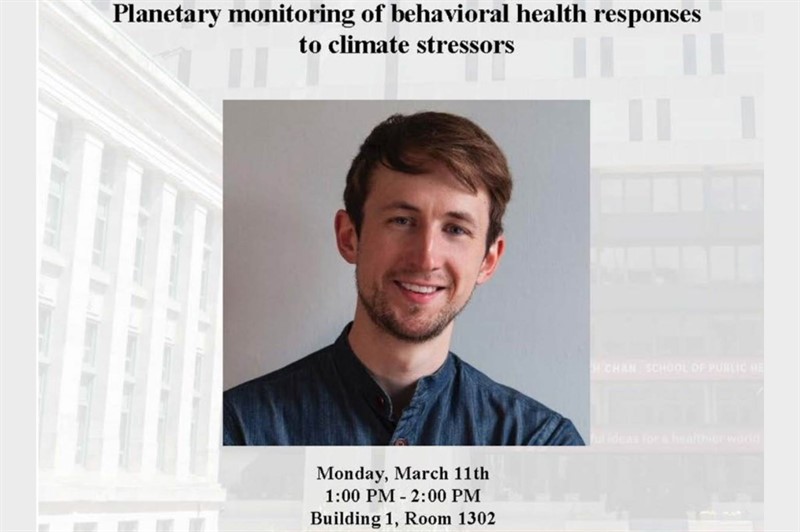Reception to follow. Last summer, 16 young plaintiffs won a pioneering lawsuit against the state of Montana. Their claim: By failing to consider the climate impact of fossil fuel projects, the state had violated children’s rights to a clean and healthful environment. The lawsuit is represented and supported by the public interest, nonprofit law firm Our Children’s Trust, which has filed a similar case in Hawaii, as well as federal lawsuits. Our panelists, including Julia Olson, executive director and chief legal counsel at Our Children’s Trust, will discuss the novel legal strategy and share insights on new tactics for protecting the planet and our collective health and wellbeing from climate change, drawing on examples from the U.S. and Latin America. Speakers: Kari Nadeau, Chair, Department of Environmental Health, Harvard T.H. Chan School of Public Health Julia Olson, Executive Director and Chief Legal Counsel, Our Children’s Trust Alicia Ely Yamin, Lecturer on Law, Harvard Law School, and Adjunct Senior Lecturer on Health Policy and Management, Harvard T.H. Chan School of Public Health Moderator: Christopher Golden, Associate Professor and Director of the Program in Nutrition and Planetary Health, Harvard T.H. Chan School of Public Health




